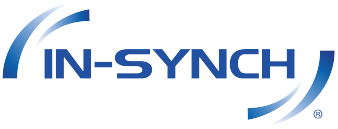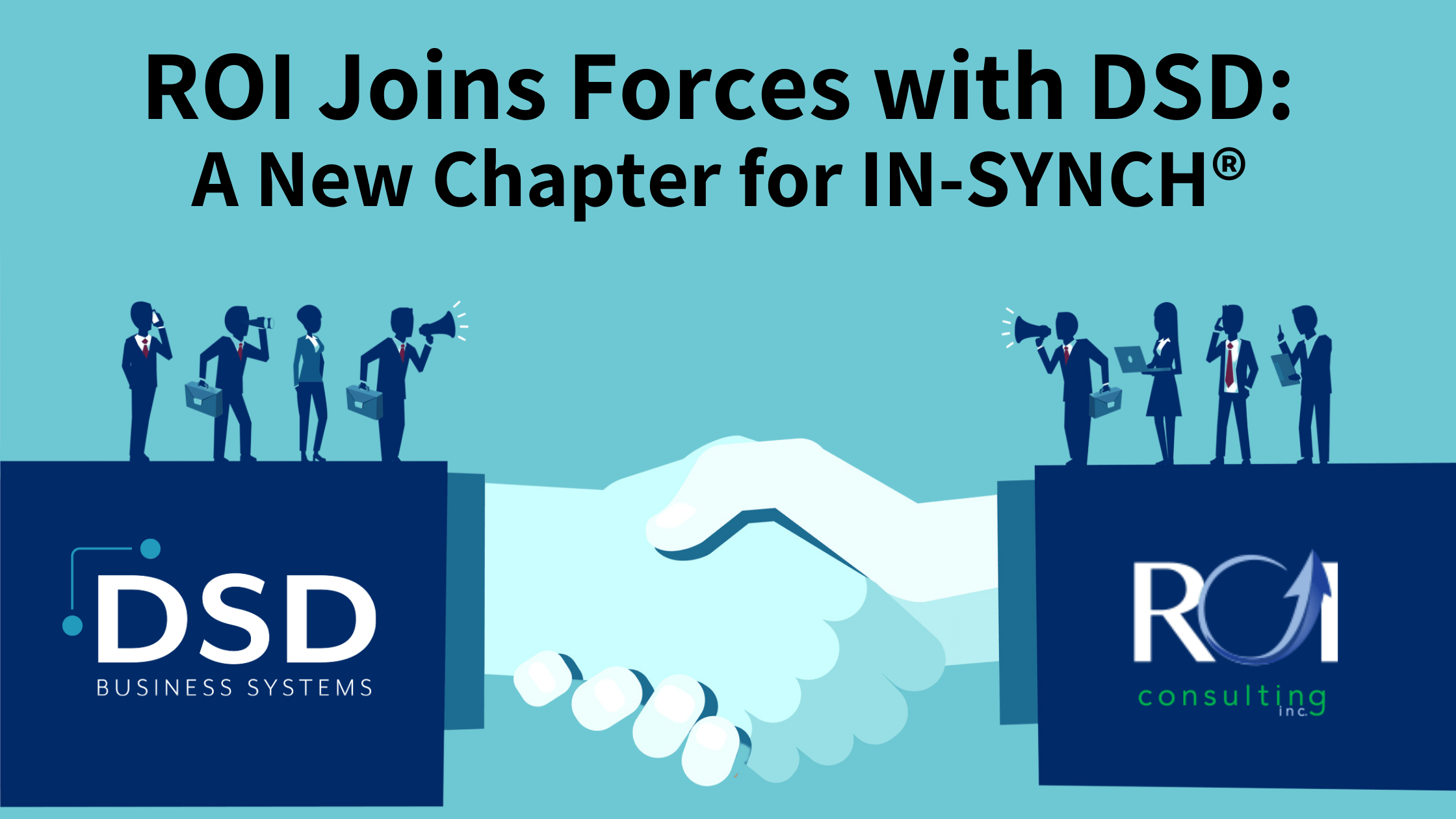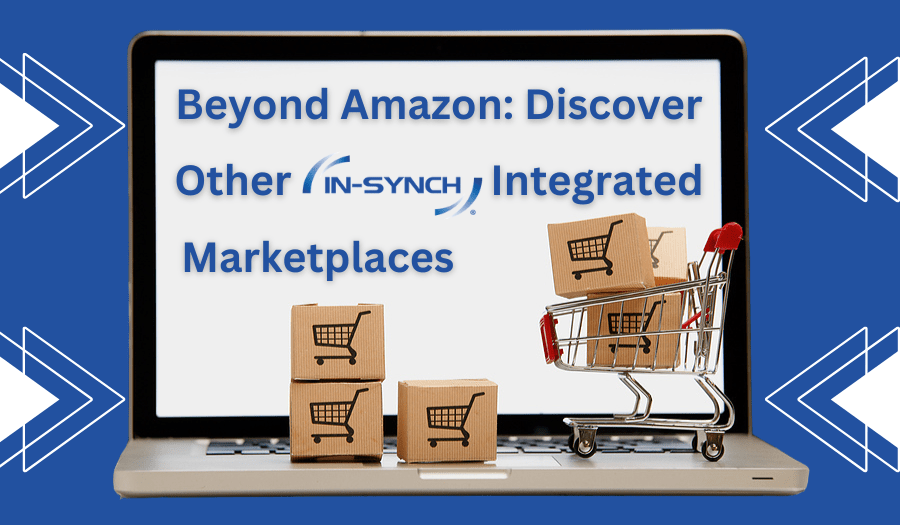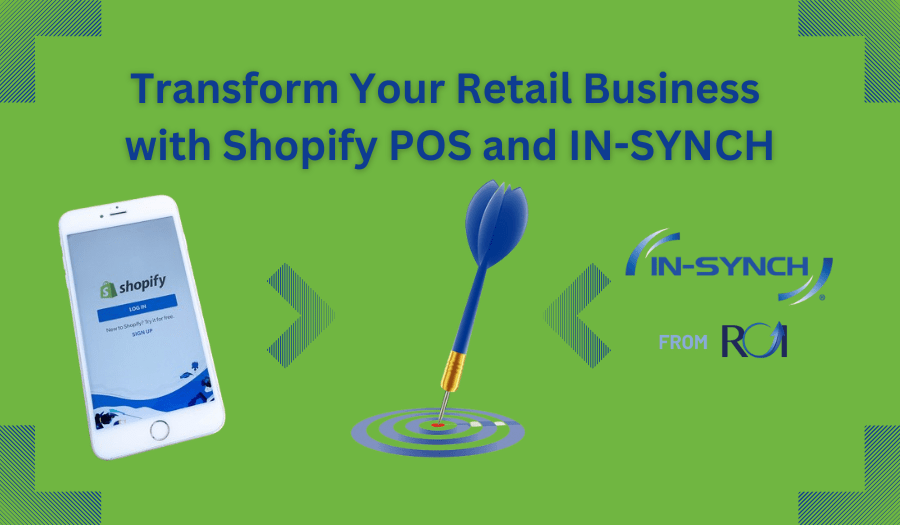By Ruth Richter • February 14, 2018
Over the past decade, we have seen more changes in the use of technology than in any previous time period. New features, new functions, and new must-have solutions are being released daily. How can a small business distinguish the must-have features that will achieve an ROI?
The deciding point is, of course, how a technology solution impacts a small business. Typically, managers look at the impact the solution has on revenues and costs. Can the software help attract more customers, increase order sizes, or enhance something in production or delivery that ultimately has a positive impact on the bottom line? Or can it save something—time, money or effort?
At one time, automation through technology was the domain of large corporations. Innovation was expensive and trickled its way down as costs decreased. Today, often innovation occurs on a small scale with new cloud-based apps and smart phone technology. Large businesses are often slower to move in this environment because of their major investments in legacy systems and training. On the other hand, smaller, agile businesses can quickly adapt to the changing marketplace.
The question is: how can small businesses move quickly to take advantage of new technologies to gain a competitive advantage without wasting money on fads?
Why Small Businesses Can, Should, and Must Pay Attention to Automation
Small businesses, even micro businesses like someone making jewelry in her basement every night, need automation just as much as multi-national companies. They need it more, in fact.
The statistic on small business failure provided by the Small Business Administration is dismal. In two years, one-third of businesses fail. After five years, only about half survive. Brisk competition, lack of long-term capital availability, changing markets, and poor marketing all contribute to the struggles of small businesses.
Yet these struggles can be significantly lessened with the right application software. By embracing technology and finding affordable cloud-based solutions these small business owners have gained additional sales that lead to higher gross revenues.
Flags Unlimited, Inc., a small business that has been manufacturing flags and banners in Tampa, FL since 1985, has been maximizing technology in order to keep their human resources focused on their core business – making flags and banners. “Not only do we offer the latest technology in our art department and production facilities, we have successfully employed technology to drive success,” says Kevin Lynch, Director of Technology. “Our business has expanded sales through multiple on-line marketing channels including Amazon and Walmart, as well as launching our Shopify store, Sportsflags.com, without adding additional staff by implementing a variety of software and integration tools.”
6 Technologies That are Worth the Investment
Small businesses do not have the luxury of wasting millions of dollars on failed initiatives or fads. For a small company, a failed project can lead to a failed business. There are so many new technologies and apps on the marketplace today it can be hard to know which ones are worth the investment.
Here is a list of must-have technology for small businesses. These technologies and software offer true competitive advantages, cost savings, and revenue enhancements.
- Mobility: Whether your small company is oriented toward consumers or businesses, taking advantage of mobile technologies is critical to success. According to the Small Business & Entrepreneurship Council, mobile devices are saving small businesses $67.5 billion a year. The devices are inexpensive, many mobile apps are free, and optimizing mobile devices to capture payment and other uses is very usable and affordable.
- Cloud software. The availability of business software in the cloud has lowered the entry cost required for small businesses to achieve greater functionality, security, and accessibility. Using hosted software and cloud-based applications allows savvy small businesses to gain big company efficiencies and a competitive edge.
- E-commerce. Consumers and businesses have begun to expect to be able to perform business on the internet. More and more, customers are using search engines to find out the companies offering the goods and services they need. However, a small business survey by Sure Payroll, published by Small Business Trends, indicates 74% of all small businesses have no e-commerce. This statistic points to the lack of knowledge that practically anyone can launch an e-commerce presence today. A small business can significantly increase revenues by adding e-commerce and opening their marketing and sales channels.
- Integration: The need for accurate data that flows through the business is crucial. This requires the removal of human intervention with integration. Companies like Flags Unlimited leverage integrated shopping carts, marketplaces, and e-commerce systems to improve communications, order information, and more. The fact that all their systems are integrated to their Sage 100 accounting solution allows quick and accurate response to customer orders and shipment status. Communications are timely and clear allowing a great shopping experience and repeat business.
- Business intelligence (BI): BI is essential to making the right strategic decisions, but because small businesses are strapped for resources and concerned about wasting time and money on useless BI tools, accessing and utilizing business data effectively is one of the last areas of focus. Bruce Harpham published an article on cio.com entitled “9 ways you’re failing at business intelligence,” which helps small businesses avoid being “led down the garden path” by BI consultants and vendors. The fact is, most accounting solutions offer many BI reporting options that owners overlook or click right by, not realizing that with a little training, the answers to improving customer service, increasing revenues, and lowering costs are within reach.
- Security: Implementing mobile applications, hosted and cloud solutions, and e-commerce come with increased exposure to internet fraud and scams. Any investment in software or the above technologies should be made with built-in or added security.
No matter what industry, small businesses can enhance revenues, improve service, and save costs by investing in these readily available technologies.
—
ROI Consulting is the market’s leading ecommerce solution and Sage 100 integration specialist, maximizing Sage 100 customer’s technology investment through integration and customization since 1997. Learn about ROI’s integration solutions for Sage 100 at www.roi-consulting.com or by calling Ruth Richter at 402-934-2223×1.




